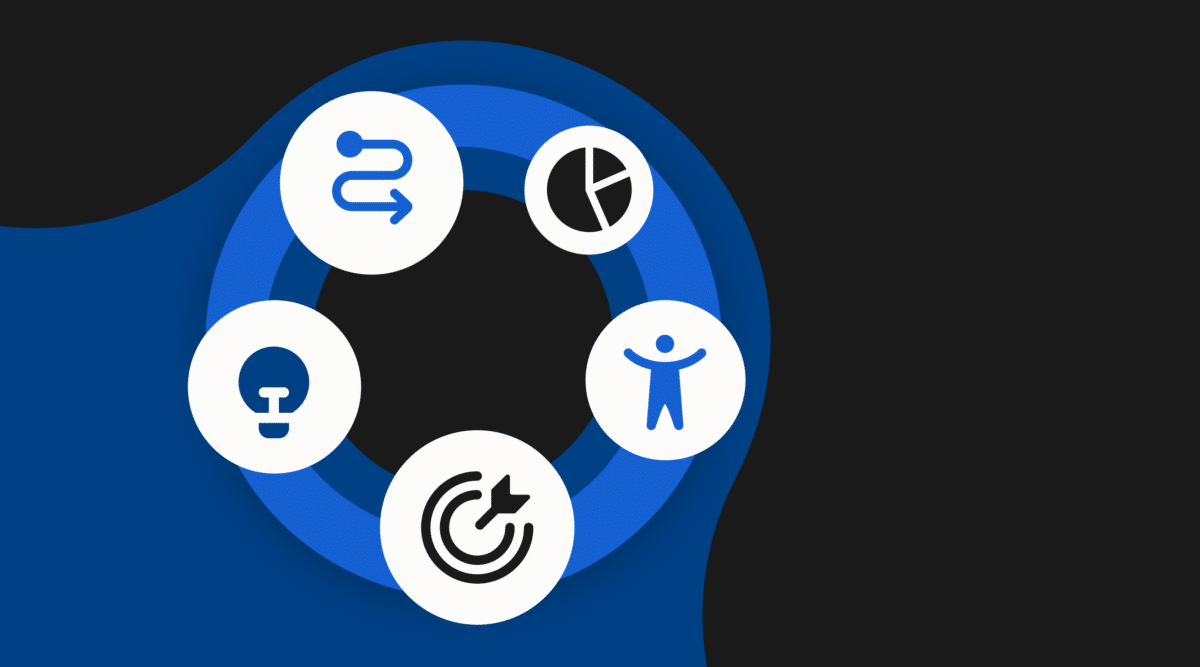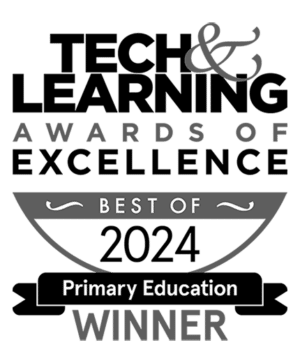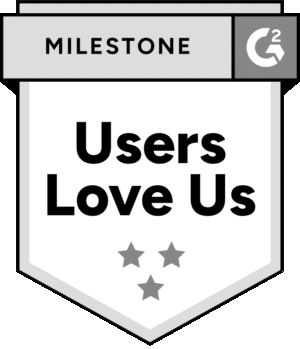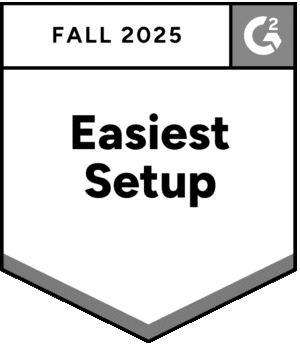Featured Resource
Why Over Half of California School Districts Trust SchoolStatus
Read More >Join Mission: Attendance to reduce chronic absenteeism in 2025-26! >> Learn How <<





Welcome back to Coaching Roundup! This month we’re looking in depth at the role of an instructional coach, best ways you can introduce yourself to peers, and some unique aspects and specialty roles.
Joseph Kanke shares a few ways that ICs can introduce themselves to peers in order to build long-lasting partnerships.
“As a coach, the more seeds you can plant around your role and how you see yourself positively impacting the work already being done, the higher the yield of trust and buy-in you’ll achieve. . . . The support of building leadership is essential to developing a vision of growth and a culture of coaching. Without a clear understanding of what coaching is and the research behind it, a leader may ask coaches to break confidentiality, act as an evaluator, or use the position as a substitute for all other positions and tasks.”
Kristy Gaudio asks three reflective questions that help coaches identify their role.
“While instructional coaching itself can differ between districts and their schools, each of us does have the ability to carve out an identity that matches our philosophies, talents, and skills. . . . We’re all passionate about learning and students or none of us would be here! So dig deep. What specific skills or passions do you have that lend themselves to coaching others?”
Virginia Soukup focuses on just what coaches do day-to-day and how she can better support the teachers she works with.
“This newsletter was created to provide another tool for communicating and providing educational resources and articles that are relevant to our work. . . . The purpose of this first issue is to tell you a little about myself and the many ways I can provide support through coaching. As your Instructional Coach, my role involves partnering with you, the teachers, to provide instructional support in various ways.”
Heather Wolpert-Gawron relays five functions of a coach and some practical advice for coaches and administrators to support instructional coaching.
“This position is defined differently from location to location—and that’s its biggest challenge and greatest asset. Attempts to standardize the position can undermine its effectiveness. After all, a teacher leader who is granted contracted time to think beyond the position of teacher or to consider an issue in a different light than an administrator can customize solutions for a school, a district, and its students. . . . By virtue of the fact that instructional coaches work with many teachers, they have a lot of insight into the daily victories that occur in all classrooms.”
Jim Knight defines instructional coaching and shares his thoughts on what the role looks like.
“Instructional coaches partner with teachers to help them improve teaching and learning so students are more successful. To do this, ICs collaborate with teachers to get a clear picture of current reality, identify goals, pick teaching strategies to meet the goals, monitor progress, and problem solve until the goals are met. . . . Shoulder to shoulder with teachers they respectfully share teaching strategies that help teachers meet goals that they set.”
Amy MacCrindle and Jacquie Duginske identify the key attributes of coaches and why it’s important to remain student-focused when beginning your coaching initiatives.
“Everybody needs a coach. Coaching is commonly thought about in terms of sports, however, coaching in the education setting has the ability to inspire, impact change, support, push thinking and be the cheerleader everyone needs. Sometimes, though, it is difficult for educators to recognize a personal need for a coach. It takes the right person with the right character traits to be able to support teachers and help them be successful.”
Jennifer Gonzalez asks two ICs to explain their role and the ways they have made an impact in their organization.
“Coaches are usually experienced teachers who have moved away from full-time teaching to work directly with other teachers and help them improve their practice. Within that broad definition, roles vary from district to district and coach to coach: Some coaches refer to themselves by specific content areas—titles I hear most often are
literacy coach or
math coach—and other coaches focus on general instruction. Some coaches work exclusively one-on-one with teachers who have identified needs, while others may demonstrate strategies for large groups before going into the classrooms to coach individual teachers.”
Heather Noncek dives into the special considerations, focus, goals, and daily life of a specialty role coaching role.
“The work of a special education instructional coach is grounded in the same practice as an instructional coach. While there are additional layers upon which we engage with our work, overall it’s similar to the way an instructional coach at the building level would use their school’s improvement plan to guide their work for the year. We look to collaborate with all teachers in supporting some of our most complex learners.”
 SchoolStatusSchoolStatus gives educators the clarity and tools they need to get students to class and keep them moving ahead. Through our integrated suite of data-driven products, we help districts spot attendance patterns early, reach families in ways that work for them, and support teacher growth with meaningful feedback. Our solutions include automated attendance interventions, multi-channel family communications in 130+ languages, educator development and coaching, streamlined digital workflows, and engaging school websites. Serving over 22 million students across thousands of districts in all 50 states, SchoolStatus helps teachers and staff see what matters, act with speed, and stay focused on students.
SchoolStatusSchoolStatus gives educators the clarity and tools they need to get students to class and keep them moving ahead. Through our integrated suite of data-driven products, we help districts spot attendance patterns early, reach families in ways that work for them, and support teacher growth with meaningful feedback. Our solutions include automated attendance interventions, multi-channel family communications in 130+ languages, educator development and coaching, streamlined digital workflows, and engaging school websites. Serving over 22 million students across thousands of districts in all 50 states, SchoolStatus helps teachers and staff see what matters, act with speed, and stay focused on students.
News, articles, and tips for meeting your district’s goals—delivered to your inbox.















Ready to learn more about our suite of solutions?
